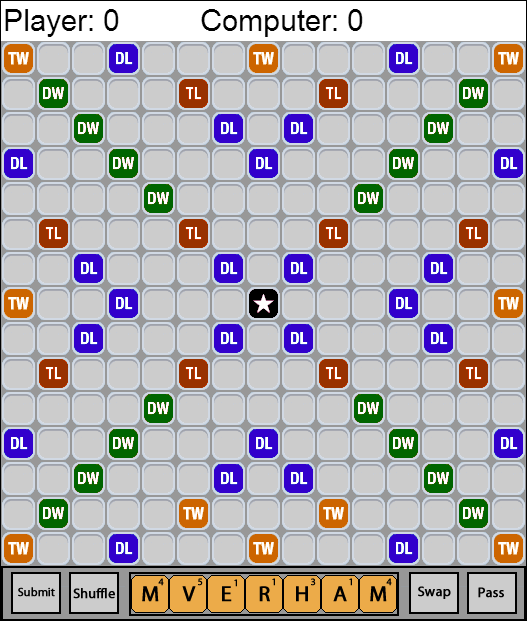Computational Intelligence and Interactive GAmes Research
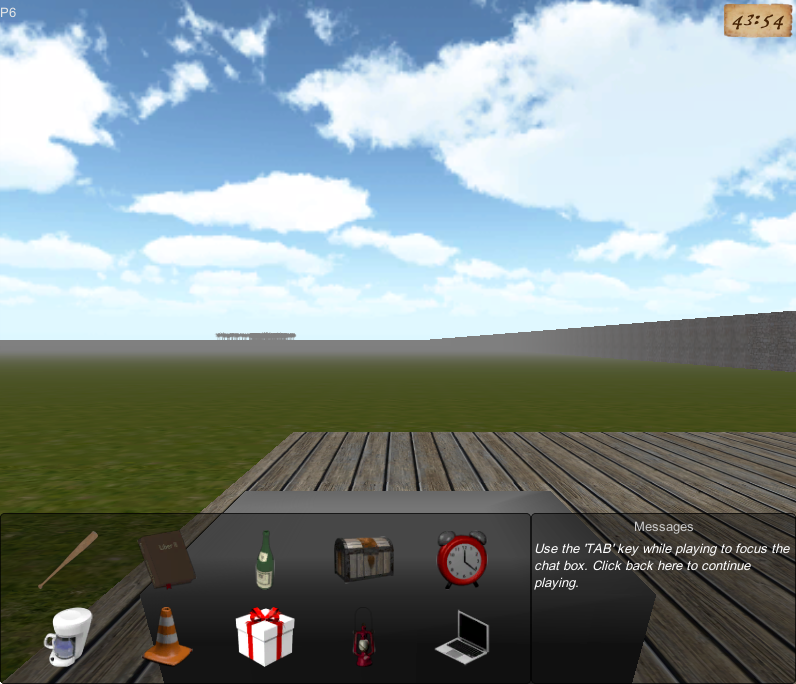 Computer games are an increasingly pervasive phenomenon in society. Ranging from casual games on the web, to social games on mobile phones, to console games with high-end 3D graphics, these highly interactive experiences provide a wealth of opportunities
to examine computational, creative, critical thinking, and social processes. Additionally, games have many of the same complexities as the real world, while affording us, as researchers, the ability to conduct (relatively) tightly controlled scientific
studies.
Computer games are an increasingly pervasive phenomenon in society. Ranging from casual games on the web, to social games on mobile phones, to console games with high-end 3D graphics, these highly interactive experiences provide a wealth of opportunities
to examine computational, creative, critical thinking, and social processes. Additionally, games have many of the same complexities as the real world, while affording us, as researchers, the ability to conduct (relatively) tightly controlled scientific
studies.
Because games are fundamentally an interactive medium, we consider them as a tool for studying people, their cognitive processes, decision making, and behavior. We seek to develop our understanding of how people behave in games, how the actions they take in games relate to cognitive and behavioral processes, and the effects of players' individual characteristics on the games they choose to play (and how they play them). Most of this work draws upon concepts from social and cognitive psychology as inspiration, but our primary tools remain AI and ML techniques.
Additionally, because games are a (relatively) low-cost way to study behavior and because analytics collected in games are generally vast, there is a unique opportunity to apply the tools of machine learning and data mining. With player populations in the 100s of thousands or more, commercial games companies can collect gigabytes upon gigabytes of data describing players' gameplay experiences. One of our approaches to research in this space is to leverage these massive data sets to gain insight into players' in-game behaviors. To do so, we design novel data mining and machine learning techniques. These algorithms can provide automated inference tools. More recently, we have sought to develop "semantically-interpretable" techniques that are capable not just of making accurate inferences about players, but also providing insight into why those inferences can be made. This semantically-interpretable quality helps us to learn about the qualities of play that make players unique, are indicative of cognitive processes, or explain players' motivations. These are just some high-level examples, we can learn significantly more from observations of humans playing computer games.
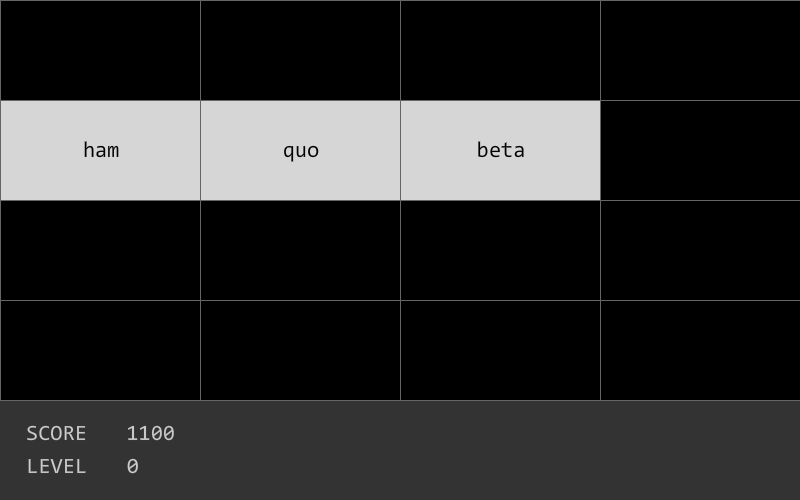 Another main thrust of our research agenda pertains to how games are authored. With many commercial games requiring 10s, if not 100s, of person-years of effort by highly-trained professionals to produce, there is a significant hurdle to creating
most games. We believe that parts of the creative processes can be shared with computational processes. This sharing results in game experiences that are "co-created" as a partnership between designers, AI systems, and players' interactions. All
of this work draws upon AI and ML methods (such as planning and statistical decision making methods), social psychology techniques (such as visual perception and influence), as well as HCI techniques (like interface design, and active preference
elicitation algorithms).
Another main thrust of our research agenda pertains to how games are authored. With many commercial games requiring 10s, if not 100s, of person-years of effort by highly-trained professionals to produce, there is a significant hurdle to creating
most games. We believe that parts of the creative processes can be shared with computational processes. This sharing results in game experiences that are "co-created" as a partnership between designers, AI systems, and players' interactions. All
of this work draws upon AI and ML methods (such as planning and statistical decision making methods), social psychology techniques (such as visual perception and influence), as well as HCI techniques (like interface design, and active preference
elicitation algorithms).
This is a brief, very high-level, overview of what we do with games in the CIIGAR Lab. We do a lot more too. Please feel free to contact Dr. Roberts if you are interested in this work, have comments or suggestions, or would like to know more.
Projects
Understanding Role-playing Game Players
Interactive narrative designers strive to provide players with narrative agency — the ability to determine the outcome of an unfolding narrative through the player’s decisions and choices. However, the amount of interactive narrative content that must be authored to support agency is exponential in the amount of ways the player can direct the development of the unfolding narrative. For broad, compelling experiences, this authoring becomes intractable. In this work we investigate factors that impact player choice in interactive narratives and how these factors can be used to focus authorial efforts while preserving player agency.
Funding Source
None
People Involved
- Ignacio X. Domínguez
- Rogelio E. Cardona-Rivera
- Dr. David L. Roberts
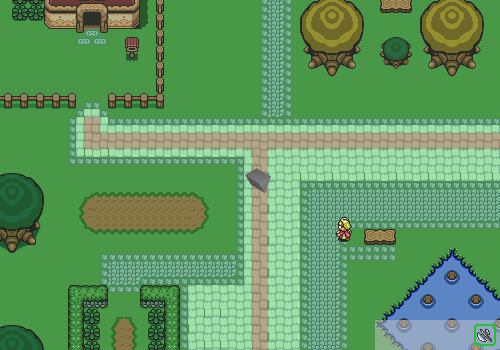
Asymmetric Virtual Environments
Due to the virtual nature of Virtual Environments (VE), there is an affordance to change game and avatar features asymmetrically, where the features that are rendered for one participant can be different from those rendered for other participants while still sharing the same virtual world. We are calling these kinds of VEs Asymmetric Virtual Environments (AVE).
Funding Source
None
People Involved
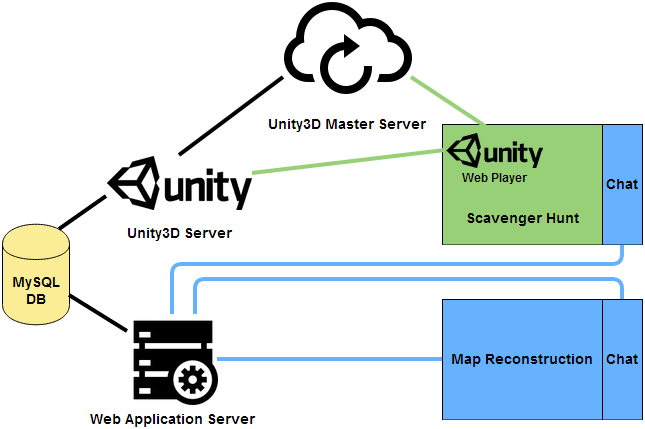
Cognitive Security (CogSec)
The CogSec project aims to identify how different cognitive processes manifest themselves through low-level input device interactions. We use digital games to identify patterns in the way people use a computer keyboard, mouse, touch-enabled interfaces, and/or natural gesture input devices (such as the Microsoft Kinect). Our goal is to model these usage patterns to obtain a more meaningful understanding of the underlying intentions and mental state of users while they use these input interfaces. In particular, in this project's multiple studies we emphasize security applications of our findings.
Funding Source
Science of Security Lablet - National Security AgencyPeople Involved
- Ignacio X. Domínguez
- Webb Chawla
- Alok Goel
- Dr. David L. Roberts
- Dr. Robert St. Amant

Automated Extraction, Summarization, and Communication of Gameplay Knowledge
With access to incredibly-fine grained data logs from gameplay, we face an increasing challenge in determining what log data provides useful information and what doesn't. This challenge is especially difficult when we consider massively multiplayer online games (MMO). Many MMO games provide logs at 30 frames per second for 10s or 100s of player attributes. Our goals are to design scalable algorithms for compressing these data streams that have provable information loss properties. Additionally, we are interested in how the results of these algorithms can be communicated to players in an actionable and useful way.
Funding Source
Laboratory for Analytic Sciences
People Involved
- Dr. Pu (Jerry) Yang
- Rohit Khilnani
- Dr. David L. Roberts
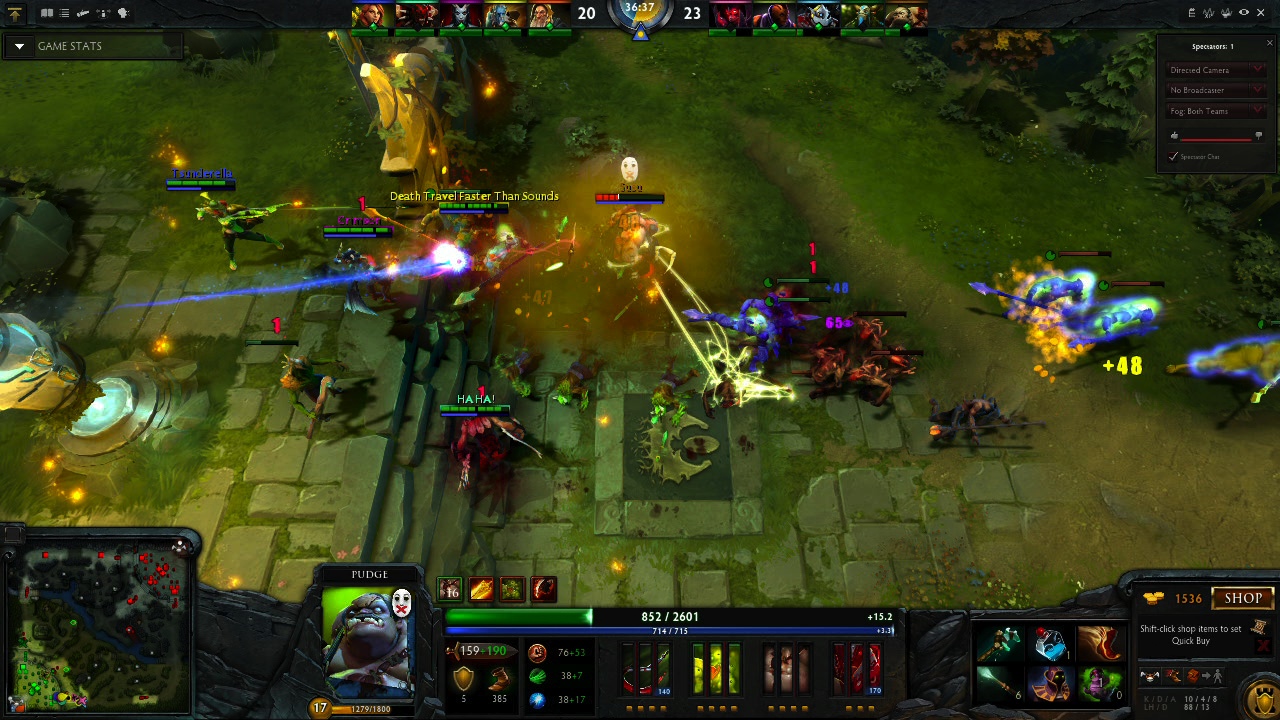
Dynamic Game Adaptation for Engagement
A common focus for research in computer games is to make them responsive to players. With a wide variety of goals, motivations, and play styles, different players have different reactions when interacting with computer games. Data-driven techniques for identifying players' characteristics, and for making changes to game experiences in real time are a useful tool in the quest to build more enjoyable, useful, and engaging games. This project aims to leverage gameplay logs to identify aspects of games that have been successful for different players in the past, to classify current players' characteristics, and to adapt game sessions accordingly to bring about increased enjoyment and engagement.
Funding Source
None
People Involved
- Brent Harrison
- Dr. David L. Roberts
